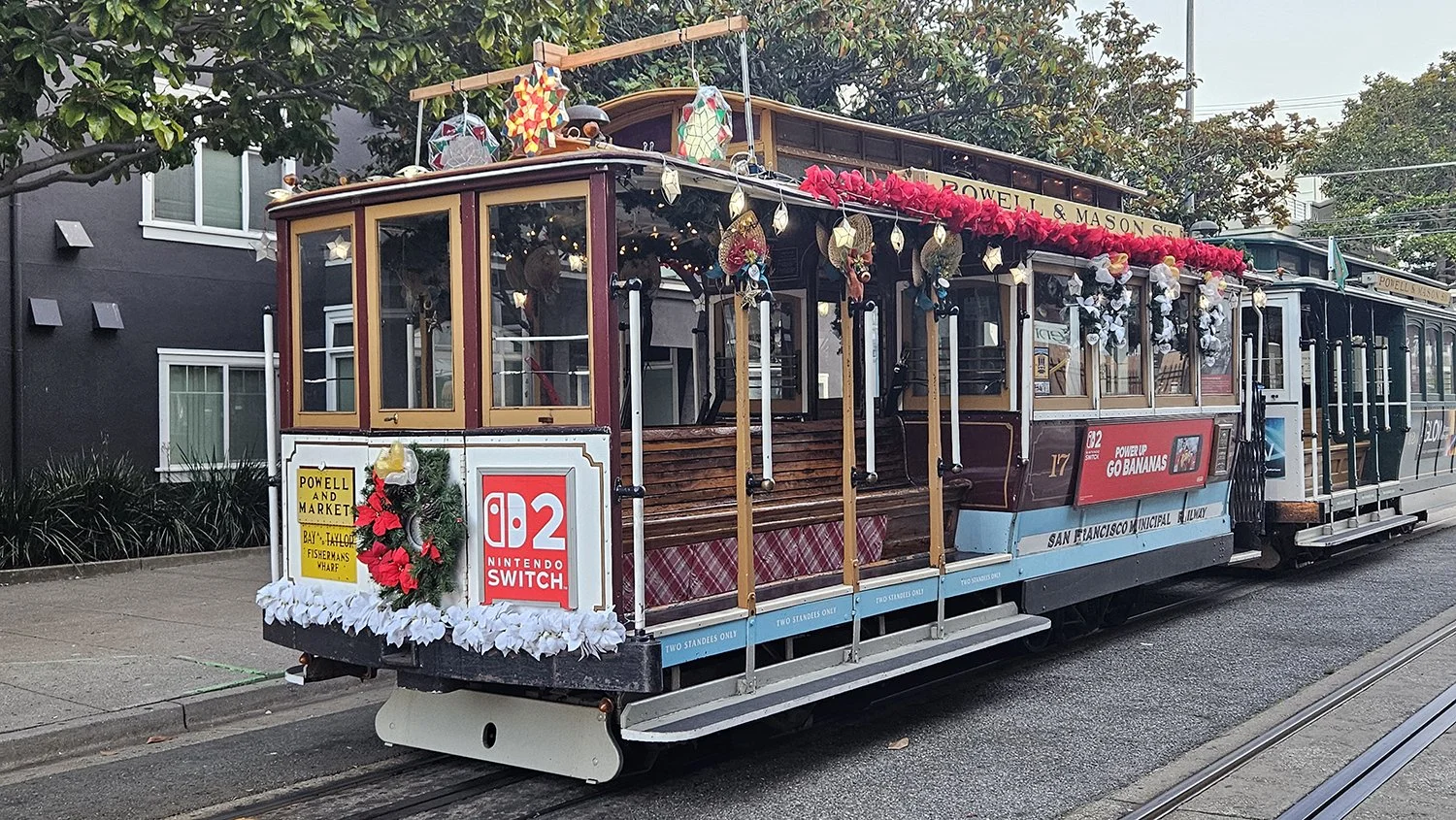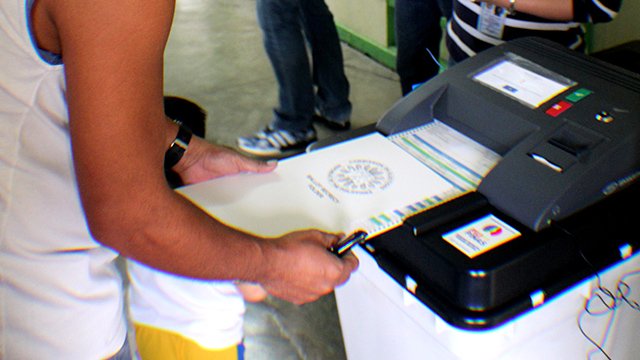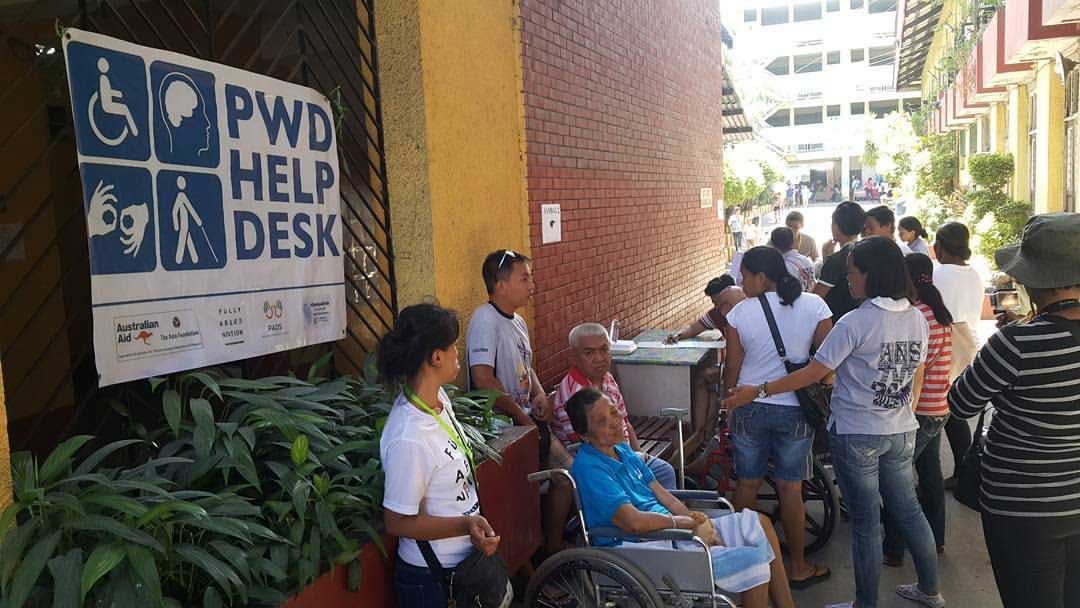Voter Beware
/Voters filling up registration forms
If I may draw a comparison, this fundamental principle in commerce applies with greater urgency and consequence, to our sublime duty to vote. We the people are sovereign, and voting is a serious responsibility with ramifications that transcend our individual lifetimes. It is a moral duty that will shape (or misshape) our nation’s destiny. Voters have the burden of due diligence. That means doing the research, studying the information, sifting out the truth from the lies. That means assessing the promises and platforms against the candidates’ histories and past performances. Do they ring true in light of the lives they’ve led, the work they’ve done, the persons they have been? Beyond the sweet and lofty campaign promises, their grand platitudes, the ultimate question remains to be what is their character?
In an interview by the Christian Values Movement, the incumbent vice president of the Philippines said “a lot of candidates will face you, parang mga manliligaw (like suitors), they will say words you want to hear, we will all prepare the best platforms we can think of, we will consult the experts in many fields to craft the best platforms, but at the end of the day, it is the character that matters.”
She urged voters to assess candidates “not based on promises but on who they were before now, what did they stand up for before their lives as politicians, sino sila nung nag occupy sila ng position, ano ang pinaglaban nila (who were they when they were in office, what did they fight for)?”
I couldn’t agree more.
Voter Suppression
The duty of due diligence extends beyond the individual voter. It is also the duty and sacred responsibility of the government agencies involved in managing the election process. This entails facilitating and upholding the people’s true and informed vote.
Voter suppression frustrates and negates the electorate’s due diligence. In the Philippines, this happens in a variety of ways.
1. Delay and disruption in voting
Voting by overseas Filipinos began last April 10 yet many voters, particularly in the U.S.A, received their ballots more than a week after the official start. It remains to be seen how this unfortunate development will impact eventual voter turnout.
All the ballots were prepared at the National Printing Office in Quezon City. Unlike the 2016 elections, many of the ballots were printed without the presence of representatives from the candidates, political parties or the election watchdogs. Each ballot contains a generic list of candidates for the national positions while a particular list is developed for those vying for local positions. Hence ballots are city or municipality specific. Confusion has happened before when ballots that were destined for Sta. Maria, Bulacan were sent to Sta. Maria, Ilocos Sur. These mix-ups can lead to an inordinate lag in the 6 a.m. start of the voting on Election day.
Aside from delays in transporting election equipment and paraphernalia, watch out for malfunctions in the vote counting machines (VCMs) and defective secure digital (SD) cards. In 2016, our Comelec technical team pre-positioned additional machines and cards in strategic areas to ensure a quick replacement.
When delays happen, be mindful where they occur. Which candidate(s) are perceived to be strong in these places?
Vote Counting Machine (Source: Rappler)
2. Difficulty in voting
Our polling precincts are usually located in public schools. Many need to be upgraded in terms of ventilation and mobility. The summer heat of May coupled with long queues tend to discourage voting. Add to those challenges the uncertainty created by the still roaming Covid virus. These “hardships” drive away the literal and figurative faint hearted voter particularly the senior citizens and persons with disabilities (PWDs).
Aside from a new record for voter turnout, the 2016 election also marked the first time that Republic Act 10366 was fully implemented with over 300,000 PWDs and senior citizens being able to vote at the ground floors of accessible voting centers.
PWD Help Desk at the polls (Source: Rappler)
I was hoping that our successors would build on the successful 2016 voter registration conducted in air-conditioned and well-lighted venues and transition to limited mall voting in 2022. Unfortunately for the voters, that development did not materialize.
3. Confusion
Candidates are assigned numbers in alphabetical order in the official ballot. For easy recall, they just remind voters of those numbers. This early, I have already seen campaign posters trying to sow confusion (e.g., Robredo is No. 10 on the ballot, but some posters say she is No. 7).
A favorite voter suppression tactic was to make a voter’s name “disappear” or be transferred to another precinct that is difficult to locate. This can happen intentionally or inadvertently. So, just because you were able to vote before does not mean you would be able to vote again. Hence, it is encouraged that voters check the precinct finder feature of the Comelec website (voterverifier.comelec.gov.ph/voter precinct) or call Comelec’s IT Department at 8526-7769 or 8527-9365 before Election day.
Voter checking for his name at his polling place (Source: Rappler)
Voter Beware
A related concept to caveat emptor is that of buyer’s remorse, which is the sense of regret after having made a purchase that later on did not meet the buyer’s expectations.
We should remember the same principles insofar as elections are concerned. Voters should scrutinize the character, competence, and track records of the candidates before they shade the ballot ovals and make their choices. They need to look beyond empty rhetoric and promises that may be broken. Otherwise, they may experience a feeling of voter’s remorse. For after all is said and done, you, our posterity, and the future of our nation, will get what YOU vote for.
Before serving as chairperson of the Philippine Commission on Elections (2015-17) and Presidential Commission on Good Government (2010-15) the agency tasked to recover the Marcos ill-gotten wealth, Andy Bautista worked with two international law firms in New York and Hong Kong (1993-2006). He also served as dean of the Far Eastern University Institute of Law (1999-2013).
More articles from Andres D. Bautista







